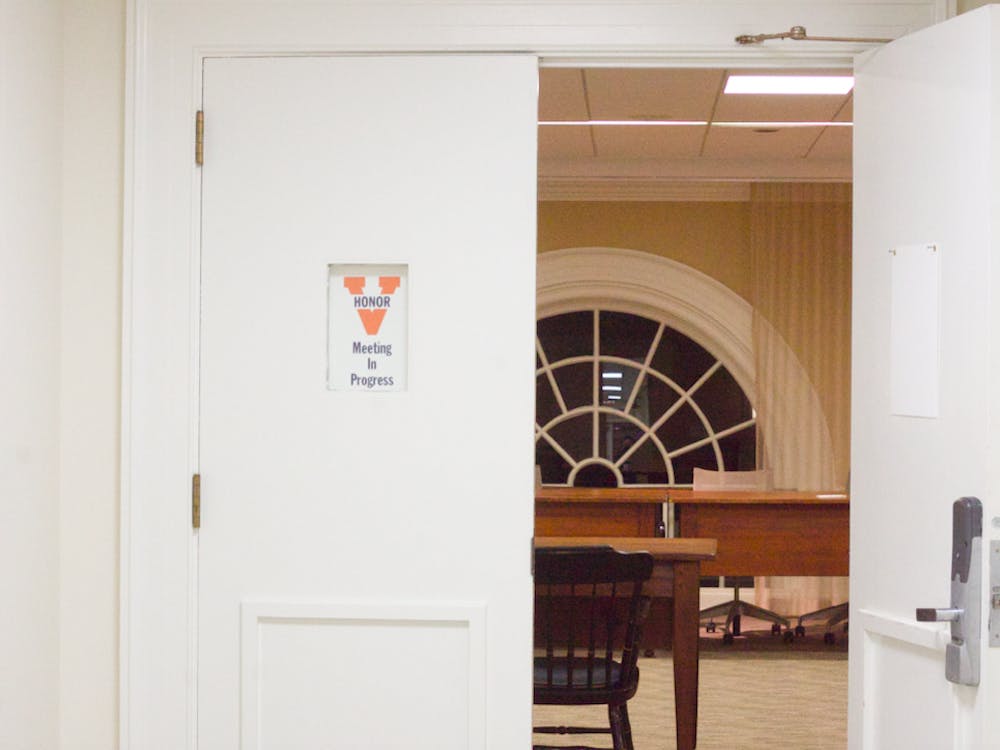Sports betting is illegal in almost every state, yet each year millions of Americans funnel hundreds of billions of dollars into bookies and online betting sites in hopes of winning big. Although almost $4 billion were illegally placed on the Super Bowl alone, the United States continues to follow an ambiguous path regarding the regulation and administration of sports gambling. Instead of allowing a 1992 act to continue to define this particular betting landscape, Congress should pass legislation legalizing gambling on professional sports. Doing so would limit corruption and open up an underground industry that generates hundreds of billions of dollars each year.
In 1999, a National Gambling Impact Study Commission Report revealed illegal sports betting in the United States may generate anywhere from “$80 billion to $380 billion annually, making sports betting the most widespread and popular form of gambling in America.” This statistic, which comes from one of the only studies about the illegal sports betting industry, has quickly become the most referenced statistic for sports betting arguments. Though critics argue sports betting can’t possibly generate $400 billion a year, they ignore that this was a 1999 report, and that there has since been an explosion in online betting, most of which is accessed through international betting websites and thus may not be considered betting in the United States.
The report, nevertheless, illustrates the thriving industry of sports gambling that could potentially be harnessed with new legislation. Besides redirecting revenue previously going to international betting websites, such legislation would combat corruption in professional sports gambling. Both college and professional sports have seen their fair share of gambling scandals, from players and coaches gambling on their own games to most recently the NBA’s referee controversy in which referee Tim Donaghy from 2005-07 gave inside information to high-stakes gamblers.
Justin Wolfers, an economist at the University of Michigan, took these gambling scandals a step further and delved into the long-term effects of sports gambling on the outcome of the games themselves. He suggests the outcome of almost 500 college basketball games over a 16-year period involved “gambling-related corruption.” This shocking study proves corruption in sports is more prevalent than many people otherwise believe. Therefore, legalizing sports betting would create organizations that would work to monitor the sports betting environment and identify potential anomalies such as those Wolfers identified in his study, thus reducing the risk of scandals or corruption.
Organizations such as these, if regulated by the government, could also help decrease the number of problematic sports gamblers, perhaps through efforts like daily betting caps or responsible gambling education. Moreover, legislation may also serve to legitimize “bookies” as well as ensure that under-18 sports betting is regulated as much as possible, as the chances of young men or women becoming problematic gamblers are two to three times higher than adults. Many of these points are highlighted in NBA Commissioner Adam Silver’s op-ed in The New York Times this past November.
The issues with sports gambling are evident — it can ruin people’s lives — but on the other hand, so do casinos, state lotteries and horse racing. There are significant moral qualms surrounding both sports gambling and other forms of gambling such as state lotteries; however, these moral issues are already intertwined in our society and legalizing sports betting would merely help create organization, transparency and credibility in an otherwise shady process. It is crucial to accept the effects gambling has in America and instead work to monitor and limit them rather than ignore them completely.
If the United States chooses not to legalize sports betting, then it must take measures to make the legalization process easier for individual states. For instance, in 2011, New Jersey residents overwhelmingly supported a referendum favoring sports betting. Furthermore, Governor Chris Christie signed a Sports Wagering Law in 2014 to repeal the state’s prohibition on sports betting, yet a U.S. District Judge was quick to reject the movement. If both the state government and the state’s people want to legalize sports betting, they should be able to achieve that goal. This is where Congress must step in, either by amending the 1992 Professional and Amateur Sports Protection Act that limits sports betting to designated areas in Nevada, Oregon, Delaware and Montana, or by abolishing the act completely.
Either way, the federal government must take a stand on the situation or risk future conflicts such as with the current New Jersey situation, as sports betting becomes more popular than ever. States such as New Jersey, especially due to Atlantic City, stand to make billions of dollars of revenue if this industry is legalized. It is time to embrace sports gambling as not only a source of potential tax revenue but also as a method for making professional sports more credible and transparent.
Jared Fogel is an Opinion columnist for The Cavalier Daily. He can be reached at j.fogel@cavalierdaily.com.





